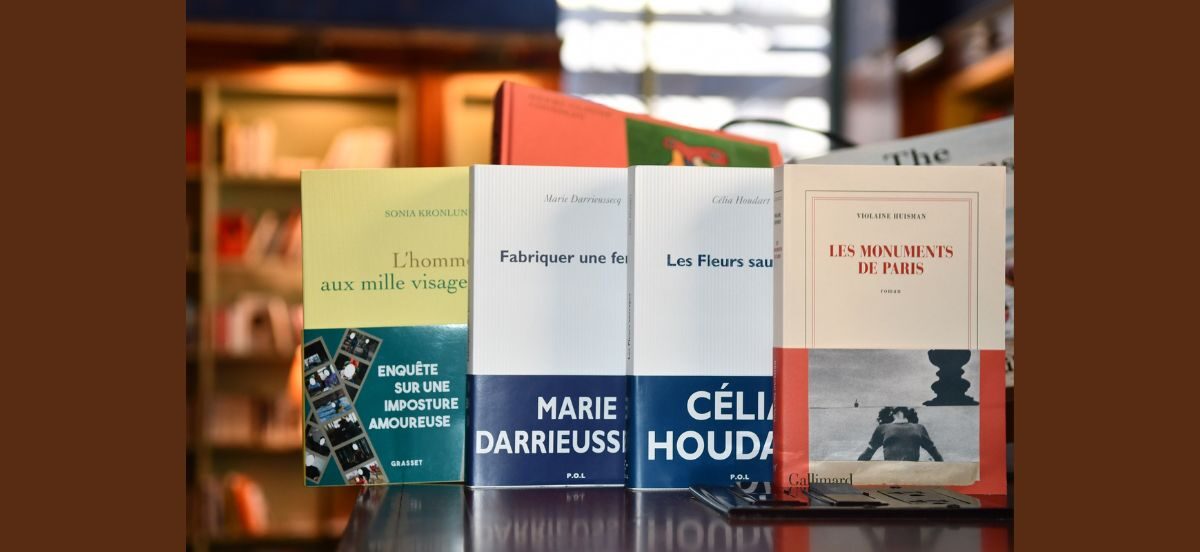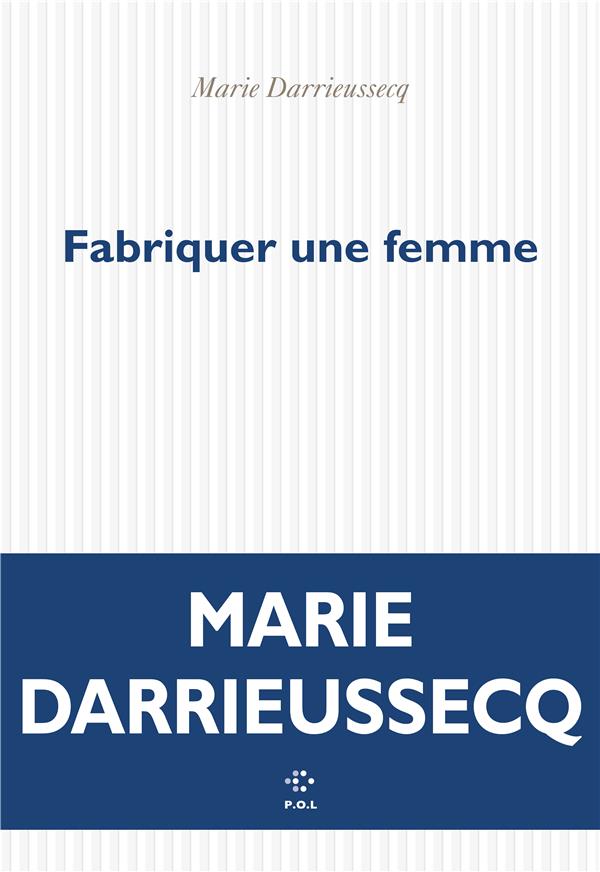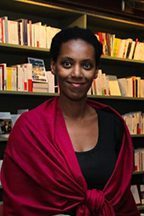Our Favorites among January’s New Releases

If you are wondering what we’ve been reading this January, our answer will be great books mostly!
We first turned loyally to old flames, and those of you who enjoyed Fugitive parce que Reine (The Book of Mother) and Rose Désert will be happy to hear that Les Monuments de Paris (Gallimard) is another tour de force by Violaine Huisman.
In a totally different direction, Célia Houdart’s Les Fleurs sauvages (P.O.L.) is an equally striking and remarkable novel which shouldn’t disappoint fans of Journée Particulière (P.O.L.), while Marie Darrieussecq’s Fabriquer une femme ((P.O.L.) is nothing short of a fascinating double bildungsroman, offering additional chapters in the lives of Solange et Rose, two heroines of her previous novels.
Last but not least, L’Homme aux mille visages, Sonia Kronlund’s thorough investigation of a Brazilian Dom Juan turned swindler, has enchanted us!
Reading List
Violaine Huisman will speak at Albertine on Thursday, February 15, at 6pm. Free with RSVP. Click here for tickets.
In her previous highly praised novels Rose Désert (Gallimard) and The Book of Mother* (Scribner, translated from the French by Leslie Camhi), Violaine Huisman revisited the life of her dashingly beautiful mother, Catherine Cremnitz, whose all-consuming love and volcanic moods had informed her childhood and womanhood.
This time, her father, Denis Huisman, is the centerpiece of her latest novel, Les Monuments de Paris, just published in France by Gallimard. A visionary author and editor of philosophy with an exceptional knack for business, Denis Huisman was a relentless lover of women (he married four times and fathered 8 children), and indulged in lavish displays of wealth and extravagant lifestyles. Read more.
Click here to purchase this book with us.
Les Fleurs sauvages is as much a novel about the birth of an artist as it is about the dynamics within a family, or as it is about our connection to nature. Houdart treats each aspect of her fiction with the same importance, she explores each narrative line with the same degree of engagement, the same precision in her writing. And the result is nothing short of mesmerizing. Read more.
Click here to purchase this book with us.
Les Fleurs Sauvages, a novel by Célia Houdart, P.O.L.
Since the publication of her debut novel, Truisme, which took France’s literary world by storm in 1996, Marie Darrieussecq has shown, book after book, an impressive dedication to dissecting the specificities of the feminine condition of her time.
If Fabriquer une femme, her latest novel, can be read as yet another reflection about womanhood, it also gives her entire work another layer of depth.
Click here to purchase this book with us.
He goes by Ricardo, Alexandre, Daniel, Richard. His surname, profession, nationality — all change faster than a New York minute. Why? To seduce as many women as he can. He’s on the rampage in Brazil, France, Portugal and Poland and he multiplies profiles on social media literally everywhere. Ricardo is a man with a thousand faces, addicted to face in holes and all sorts of petty thefts.
Sonia Kronlund, producer of the radio show, Les Pieds sur Terre (a French equivalent of This American Life), has investigated over the course of 5 years, interviewing his victims, collecting his fictions, and visiting the places where he has lived. But is it possible to write about such a con artist without giving into fascination or romanticizing?
Read more.
Click here to purchase this book with us.
L’Homme aux mille visages by Sonia Kronlund, éditions Grasset






